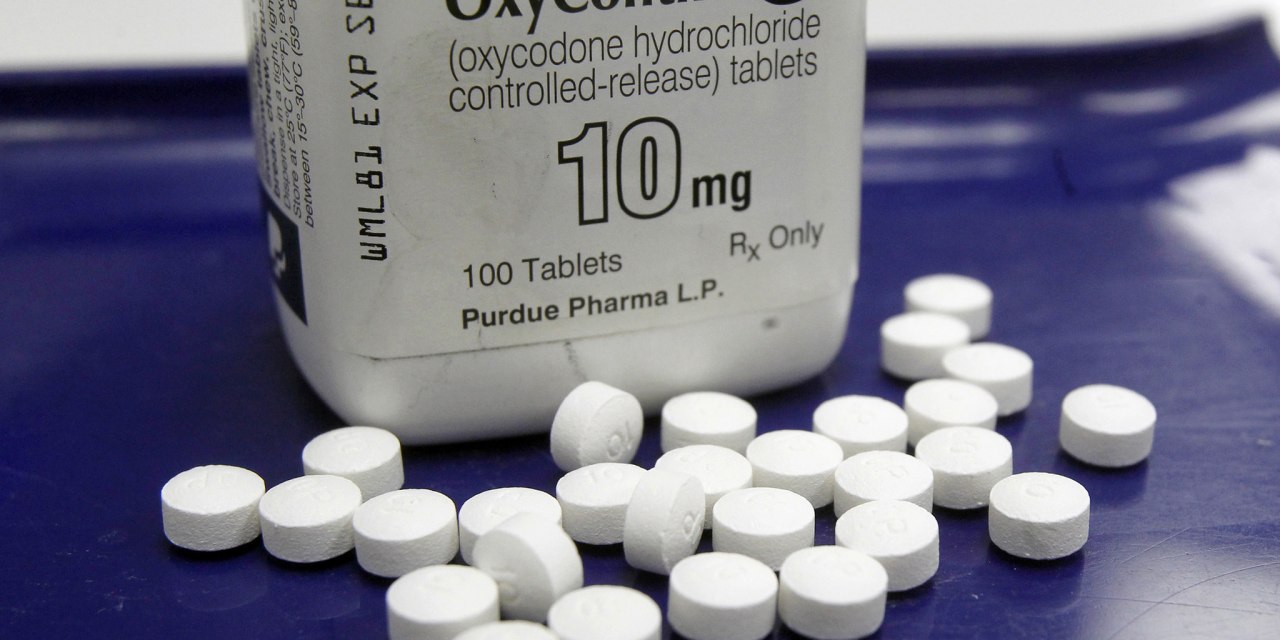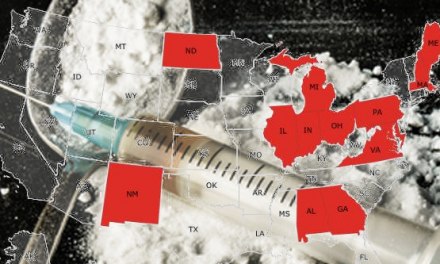I know you haven’t forgotten Purdue Pharma, onetime absolute ruler of the marketplace for prescription painkillers. They’re back in the news.
At this stage of the saga, it’s mostly for their many legal troubles. Seems that when cumulative claims against the firm are added up – mostly filed by state governments – the total comes to $2.2 trillion.
That includes every state and US territory, as well as the District of Columbia. Oh wait, except Oklahoma — they already settled theirs, for $270 million.
I can’t imagine two trillion dollars ever changing hands. Still, it offers some notion of how much harm those governments believe was done to their citizens by prescription drug use. And how eager prosecutors are for retribution, now.
If you’re curious, the total death count for prescription painkillers between 1999 – 2016 stands at more than 200,000 Americans. The public may not fully appreciate how large that figure is, given that COVID-19 is projected to surpass it later this year, in a fraction of that time.
With pain drugs, the deaths mounted more gradually. Maybe it’s like lobsters in a cookpot – brought to boil slowly enough, the victims may not notice until it’s too late. COVID on the other hand fell on us like a ton of bricks.
It’s always been easy for the public to ignore the consequences to society of various addictions. For one thing, most people view addicted persons as somehow different from the rest of us. Something similar happened with AIDS. It was initially deemed a disease that affected gay men. The rest of us, presumably, could breathe a sigh of relief.
Later on IV drug users joined in, but that’s also a stigmatized population. It was when the virus began showing up in hospital blood supplies that America got really nervous.
So I was not at all pleased to see early media reports about COVID19 focus so heavily on the danger to seniors and people with “underlying health conditions”. I knew that more than 40 million Americans between ages 18 and 64 fell into the latter category. Imagine the potential death toll.
Too late — appears that younger people had already let down their guard. “So what if I caught the virus?” I recall one arguing. “I’ve had flu before. I got over it.” Translation: nothing to worry about, folks.
As communities began to re-open, and the virus surged, we saw the lines were not so clearly drawn. Young people could spread the disease to others, including their families. Who wants that on their conscience?
Anyway, back to prescription drugs: Purdue’s legal adventures have reached the “what did they know and when did they know it?” stage. It’s evident that Purdue execs were far more aware of the dangers of Oxycontin than they had been willing to acknowledge. It could be they outright lied, including to Congress (a big political no-no).
Likely they just wanted to hang onto all that money for a while longer. That’s what Big Tobacco did. It’s one of the many precedents they set for industries and corporations that Christopher Isherwood mocked as “Merchants of Death” in his book Thank You For Smoking.
Their mantra: Deny, deny, deny.













